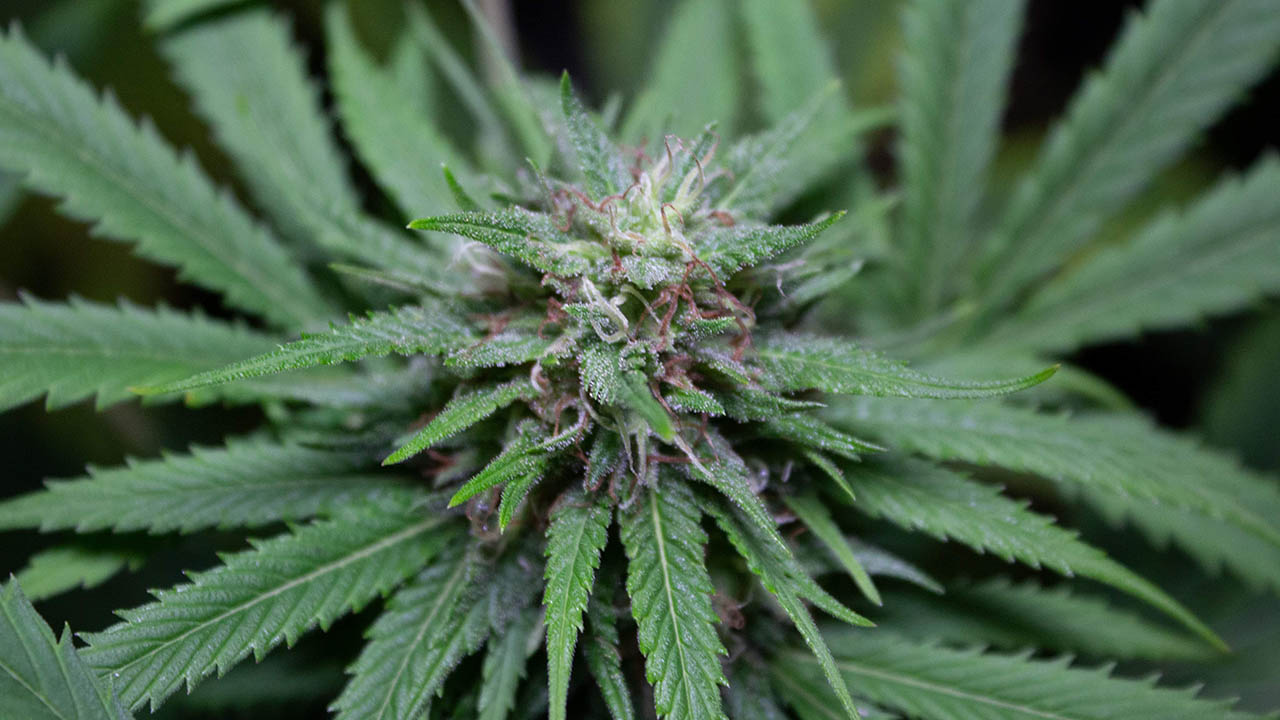CRI secures cannabis license
 CREDIT: ANONYMOUS
CREDIT: ANONYMOUS(File photo) The Centre for Research and Innovation is heading for greener pastures with its new cannabis research license.
With the change to legislation making cannabis legal in Canada with the Cannabis Act back on Oct. 17, 2018, Fanshawe students have since seen progressive developments on campus as a result.
This past December it was announced that Fanshawe would be offering a newly created science- based cannabis program and now Fanshawe has another announcement to make. On Jan. 10, Fanshawe’s Centre for Research and Innovation received approval from Health Canada about successful acquisition of a cannabis research license.
The advantages of acquiring the license are exponential from the authorization to test and experiment on different forms of cannabis to possession and growth of cannabis for research purposes. However, the road to this position was not a quick one.
“It was quite an extensive process. They spent a number of months just prepping the application. Then it was a 10-month wait in order to get the license processed through, and in the middle of that Health Canada came back and asked us questions to clarify certain elements on the application. We answered those questions well and in return we received the license,” said Colin Yates, chair for Research and Innovation.
The journey paid off.
Faculty at CRI hope to utilize the license by helping the efforts of grassroots organizations and those businesses looking for innovative ways to address agri-food industry challenges and efforts.
“Receiving this license will help our mandate to help the London economy and companies associated with the London economy, grow. There’s a large number of cannabis companies that have moved to the area from the growth side but also the process side. We think we can really help with the process side with our laboratory and pieces of equipment that are geared towards that,” said Yates.
The potential that the licensing brings extends beyond the application to London’s economy. Employment opportunities await those individuals whom the CRI encourages to seek them out.
“One thing we’re always looking for is research assistants, whom we hire, to work on some of the projects we acquire. So for any student that has a lot of ambition it can be a great ‘in’ for them to come and work with industry partners and our principal investigators, to have an amazing experience. Often when you have that connection with a company and you’re providing results back to them and working within that team, it’s kind of a natural path to getting really good employment at the end of the day. So, we really want to encourage students to reach out to us, come to our office and see what opportunities are available to work with us,” said Yates.
Although presently the cannabis license has no official connection to the impending/upcoming cannabis graduate program looking to launch this fall, it is the opinion of this reporter that the inevitable will eventually happen. It seems a natural progression for students of that program to become major contributors to the research and innovation side of cannabis product quality, safety and stability as it applies to the food and beverage side of cannabis processing.
The possibilities are endless for how research worked on can positively affect the community. The CRI values its relationships with the businesses they partner with and look to support their aspirations for growth.
“We’re taking a particular focus on the food and beverage side of processing. London has a burgeoning food processing market with lots of great companies like Maple Leaf Foods, Dr. Oetker and a whole slew of start-ups that are really emerging. So where we’re trying to settle ourselves in is in that food and beverage market and helping some of those early stage companies grow and become those bigger companies like the Dr. Oetker’s of the world and in turn really spurring our economy. So just like the similar connection to what Waterloo did for RIM, which became Blackberry, we hope that we can provide that contribution to the food and beverage industry here in London,” said Yates.















